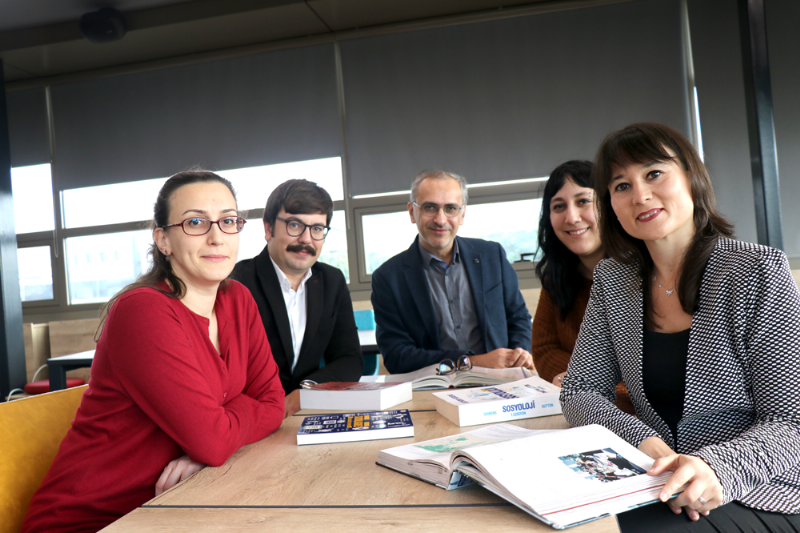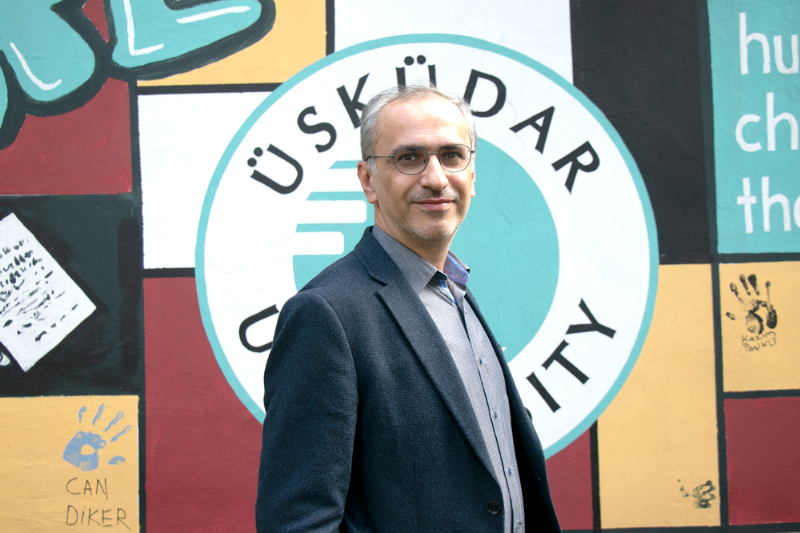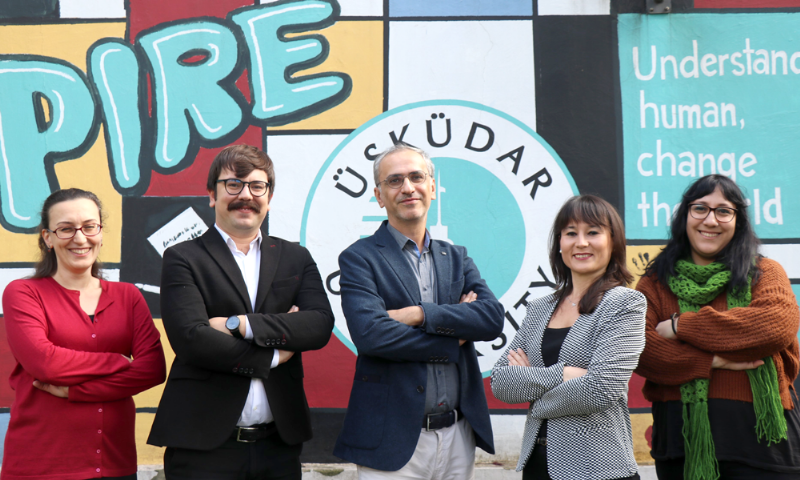Understand Social Reality with Sociology and Discover the Spirit of Time

What Is Sociology ?
Sociology, which systematically examines and explains social changes and transformations at the local and global level, is a social science that provides scientific contribution to the solution of social problems, the production of social, political, and cultural policies. Making sense of social reality, examining group dynamics in society, revealing rules and principles related to the structure and functioning of relationships and interactions between people, and explaining social behavior in a social context are among the most basic goals of sociology. In this sense, the research subject of sociology is from the relations of individuals with society to the examination of social institutions such as family, religion, education, economy; offers a wide spectrum from rural and urban life to politics.
Sociology Helps Us Understand the Spirit of Time
In today's world where change is very fast and events are multidimensional, it is possible to understand social problems, to develop non-stereotypical creative solutions to modern problems such as forced migration, polarization, cultural degeneration, and social insecurity, and to present sociological sensitivity and the perspective presented by sociology. On the other hand, in our world where communication and transportation technologies tend to remove borders, different cultures encounter each other at a tremendous speed. In the face of unexpected developments brought about by these interactions, the approaches of sociology that allow us to understand the spirit of time are of great importance.

What are the Courses in the Curriculum?
Üsküdar University Department of Sociology, based on an interdisciplinary holistic perspective, gives priority to scientific research, educational activities, and applied projects with its competent staff. Our program is designed to improve students' ability to understand, interpret, question, and find solutions to social phenomena.
In the basic sociology courses, it is aimed that the students absorb the main concepts and theoretical approaches used in sociology, gain knowledge about applied sociology, and develop a critical view.
Elective courses such as sociology of gender, sociology of education, theories of culture, sociology of art, daily life and cinema, sociology of disability, and political sociology enable students to focus on current sociological issues. In addition to the basic sociology courses in the curriculum, the courses required for the philosophy group teaching formation are also available as elective courses.
Theoretical and Practical Courses Are Provided Together
The Department of Sociology offers an education that covers the main theoretical issues and research methods of sociological analysis, as well as a perspective that broadens the students' vision. In the teaching of research methods, practical field experiences take place simultaneously with the theoretical level. Students experience different application methods such as survey application, face-to-face interviews, participatory and non-participant observation through concrete projects. In this respect, it becomes an important opportunity for Istanbul, one of the most dynamic metropolises in the world, to have a wide variety of cultural, political, and economic structures and to host important thought and research centers together.
What are the Working Areas of Sociology Graduates?
Graduates of the Department of Sociology can find employment opportunities in a wide range of areas, especially in the private sector, non-governmental organizations, and government institutions, with their interdisciplinary knowledge.
In addition to public institutions such as the Ministry of Family and Social Policies, the Ministry of Youth and Sports, the Ministry of Development, the Ministry of Environment and Urbanization, the Ministry of Labor and Social Security, the Ministry of Justice, the Ministry of Food, Agriculture and Livestock, the General Directorate of Migration Management, the General Directorate of Prisons and Detention Houses, sociology graduates can develop projects by working in non-governmental organizations, publishing, communication sector, municipalities, and research companies in managerial, expert, consultant and researcher positions. Graduates of the Department of Sociology can teach in public and private institutions by taking pedagogical formation. In addition, they can pursue an academic career by continuing their education in master's and doctoral programs.










